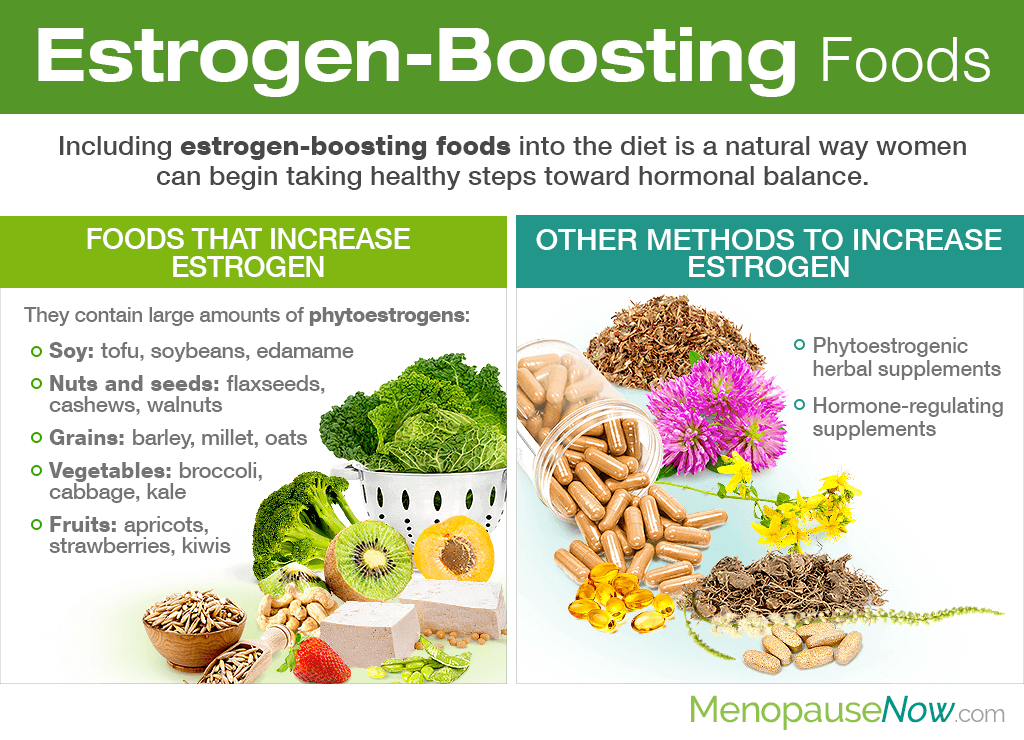Healthy Foods to Increase Hormone Production

Why is Hormone Production Important?
Hormones play a crucial role in maintaining our overall health and wellbeing. They regulate a range of bodily functions, including:
- Metabolism
- Growth and development
- Reproduction
- Mood and emotions
- Energy levels
What Foods Promote Hormone Production?
There are several foods that can help promote hormone production in the body, including:
1. Healthy Fats
Healthy fats, such as those found in avocados, nuts, and fatty fish, are essential for hormone production. These fats help the body absorb vitamins and minerals that are necessary for hormone production.
2. Protein
Protein is essential for the production of hormones, as it provides the building blocks necessary for hormone synthesis. Good sources of protein include lean meats, eggs, and legumes.
3. Cruciferous Vegetables
Cruciferous vegetables, such as broccoli, cauliflower, and Brussels sprouts, contain compounds that can help regulate hormone levels in the body.
4. Whole Grains
Whole grains, such as brown rice and quinoa, are rich in fiber and can help regulate blood sugar levels, which is important for maintaining healthy hormone levels.
5. Berries
Berries, such as blueberries and strawberries, are rich in antioxidants that can help protect the body from oxidative stress, which can lead to hormonal imbalances.
Benefits of Eating Foods That Promote Hormone Production
Eating a diet that includes foods that promote hormone production can have several benefits, including:
- Improved mood and energy levels
- Better sleep
- Reduced risk of hormonal imbalances
- Improved overall health and wellbeing
Drawbacks of Eating Foods That Promote Hormone Production
While eating a diet that promotes hormone production can have several benefits, there are some drawbacks to consider, including:
- Increased risk of food allergies or sensitivities
- Higher calorie intake, which can lead to weight gain if not balanced with physical activity
- Cost of purchasing organic or specialty foods
Conclusion
Eating a balanced diet that includes foods that promote hormone production can have several benefits for our overall health and wellbeing. However, it's important to consider any drawbacks and to make sure that our diet is balanced and meets our individual nutritional needs.
FAQ
1. Can I rely on supplements instead of food to promote hormone production?
While supplements can be helpful in certain cases, it's important to remember that our bodies are designed to obtain nutrients from food. It's always best to try to get the nutrients we need from whole foods before turning to supplements.
2. Are there any foods that can actually lower hormone levels?
Yes, some foods can actually lower hormone levels. For example, soy products contain compounds that can mimic estrogen in the body and may interfere with hormonal balance. It's important to consume soy products in moderation and to choose organic, non-GMO options.
3. How can I tell if I have a hormonal imbalance?
Some signs of a hormonal imbalance include weight gain, fatigue, mood swings, low libido, and irregular periods. If you suspect that you have a hormonal imbalance, it's important to talk to your healthcare provider.
4. Can men benefit from eating foods that promote hormone production?
Yes, men can benefit from eating a diet that promotes hormone production. Testosterone is an important hormone for men's health, and certain foods, such as those high in zinc and vitamin D, can help boost testosterone levels.
